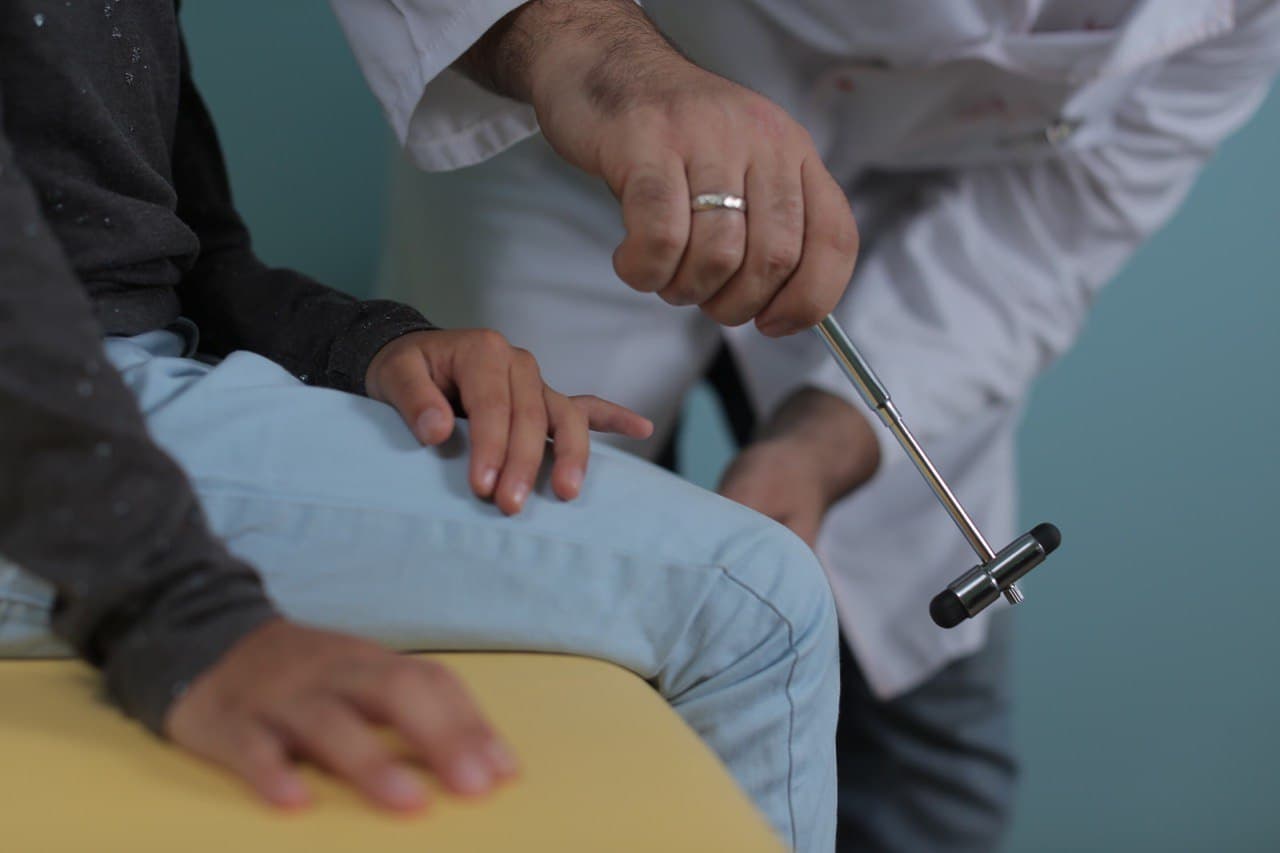
When should you see a neurologist?
Sometimes we neglect our health until the situation becomes critical. However, certain symptoms should not be ignored. Symptoms requiring a consultation: frequent headaches, dizziness, weakness in limbs, back pain, pain in limbs, arm pain, leg pain, sleep disturbances (insomnia, nighttime awakenings), memory decline, difficulty concentrating, anxiety, depression, tearfulness, irritability, numbness in hands, numbness in legs, numbness in lips, numbness in face, сoordination problems, seizures, vision impairment, hearing impairment.
Don’t delay – timely consultation can prevent serious issues and improve your quality of life.
Areas of expertise of a neurologist
Neurologists work across various domains, addressing a wide range of neurological issues:
Clinical neurology: diagnosis and treatment of central and peripheral nervous system disorders.
Neurosurgery: surgical interventions for neurological conditions.
Pediatric neurology: specialization in neurological disorders in children.
Neuropsychology: study and treatment of cognitive and emotional disorders related to brain function.
Neurophysiology: investigation of the nervous system’s electrical activity for diagnosis and treatment.
How a neurologist consultation works at Doctor Sam Clinic
A specialist consultation typically involves several steps:
Medical history collection: The doctor asks about your symptoms, medical history, family health background, and lifestyle.
Physical examination: The neurologist performs a neurological assessment, testing reflexes, muscle strength, coordination, sensation, and other nervous system functions.
Diagnostic tests: If needed, the doctor may order additional tests or blood work to refine the diagnosis.
Recommendations and treatment: Once a diagnosis is established, the neurologist provides treatment recommendations, which may include medication, massage, physical therapy, lifestyle adjustments, or preventive measures.
A neurologist consultation is a crucial step in identifying and treating neurological issues, so don’t delay your visit. Feel free to ask questions: what diagnostic methods are used, possible treatment side effects, or how long therapy might take. Open communication with your doctor helps you better understand your condition and how to improve it.
Remember, your health is in your hands. Don’t ignore symptoms – seek specialist care promptly and stay healthy!




